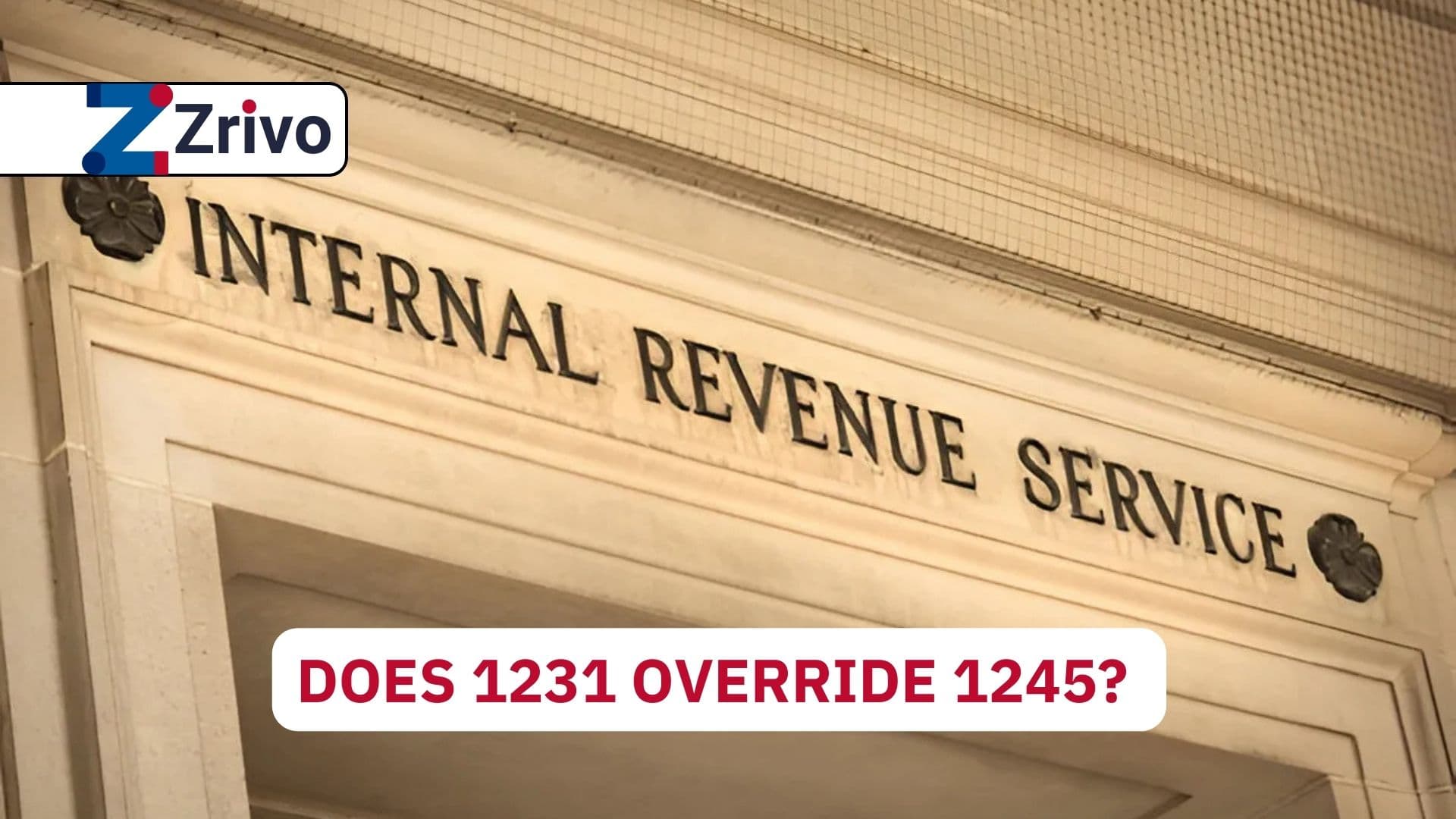
When it comes to the tax treatment of business property gains, many taxpayers wonder, “does 1231 override 1245?” The simple answer is no — Section 1245 does not get overridden by Section 1231; instead, it takes priority or “overrides” Section 1231 but only in a very specific way related to depreciation recapture on certain types of assets. To understand this, you need to know the distinct roles of each section.
Section 1231 of the Internal Revenue Code provides favorable tax treatment for gains and losses from the sale or exchange of certain business and real property held for more than one year. Under Section 1231, if your net gains from qualifying property exceed your net losses in a tax year, those gains can be treated as long-term capital gains, which usually have lower tax rates. On the flip side, if losses exceed gains, those losses are treated as ordinary losses, which can offset ordinary income, providing a tax benefit.
Section 1245, on the other hand, is a special rule that applies specifically to certain depreciable personal property (like machinery, vehicles, and equipment) that would otherwise qualify under Section 1231. When this property is sold for a gain, Section 1245 requires you to “recapture” depreciation — which means the gain attributable to depreciation deductions previously taken is taxed as ordinary income rather than capital gain. This recaptured amount can be quite significant because depreciation deductions may have substantially reduced taxable income in past years. Only the gain above the recaptured depreciation amount is eligible for Section 1231’s favorable capital gain treatment.
So, does Section 1231 override 1245? Actually, Section 1245 overrides Section 1231 in that the recaptured depreciation portion of the gain must be taxed as ordinary income first. After this portion is accounted for, any remaining gain (if any) flows through Section 1231 treatment and may receive favorable capital gains rates. This layered tax treatment ensures depreciation deductions taken earlier are “paid back” as ordinary income taxation before allowing beneficial capital gain tax treatment on the rest.
In essence, Section 1245 is a more specific and detailed provision for depreciation recapture that modifies the general rules of Section 1231 for certain types of property. They are not contradictory but work together — Section 1245 modifies how gains on personal property are treated before Section 1231’s rules apply for the remaining gain.
Taxpayers dealing with asset sales, especially involving depreciable tangible personal property, need to understand this tax “dance” to correctly calculate their taxable gain and avoid surprises when filing taxes.

Section 1231 In A Nutshell
Section 1231 covers business and real property held for more than one year, including depreciable property that is not subject to other recapture rules. It benefits taxpayers by converting gains into favorable long-term capital gains and losses into fully deductible ordinary losses.
Section 1245: The Depreciation Recapture Specialist
Section 1245 targets depreciable personal property and certain other tangible assets. It recaptures depreciation previously deducted by taxing that portion of the gain as ordinary income, preventing taxpayers from enjoying double tax benefits.
Interaction Between 1231 And 1245 — The Override Explained
- When a Section 1245 asset is sold, apply the depreciation recapture rules first (Section 1245).
- Tax the depreciation portion of the gain as ordinary income (no capital gain rates here).
- Remaining gain, if any, qualifies for Section 1231 treatment and may get favorable capital gains taxation.
- Section 1231 does not override 1245; instead, 1245 “trumps” 1231 for the recapture portion.

Frequently Asked Questions (FAQs)
Q: Does Section 1231 override Section 1245?
A: No, Section 1245 overrides Section 1231 for the depreciation recapture amount, which is taxed as ordinary income first.
Q: What types of property are subject to Section 1245 depreciation recapture?
A: Depreciable personal property like machinery, vehicles, furniture, and equipment.
Q: How is the gain taxed after the Section 1245 portion is recaptured?
A: The remaining gain qualifies for Section 1231 treatment, potentially benefiting from long-term capital gains rates.
Q: Can losses under Section 1231 offset income from Section 1245 recapture?
A: No, Section 1245 recapture income is ordinary income and must be accounted for separately from Section 1231 gains and losses.